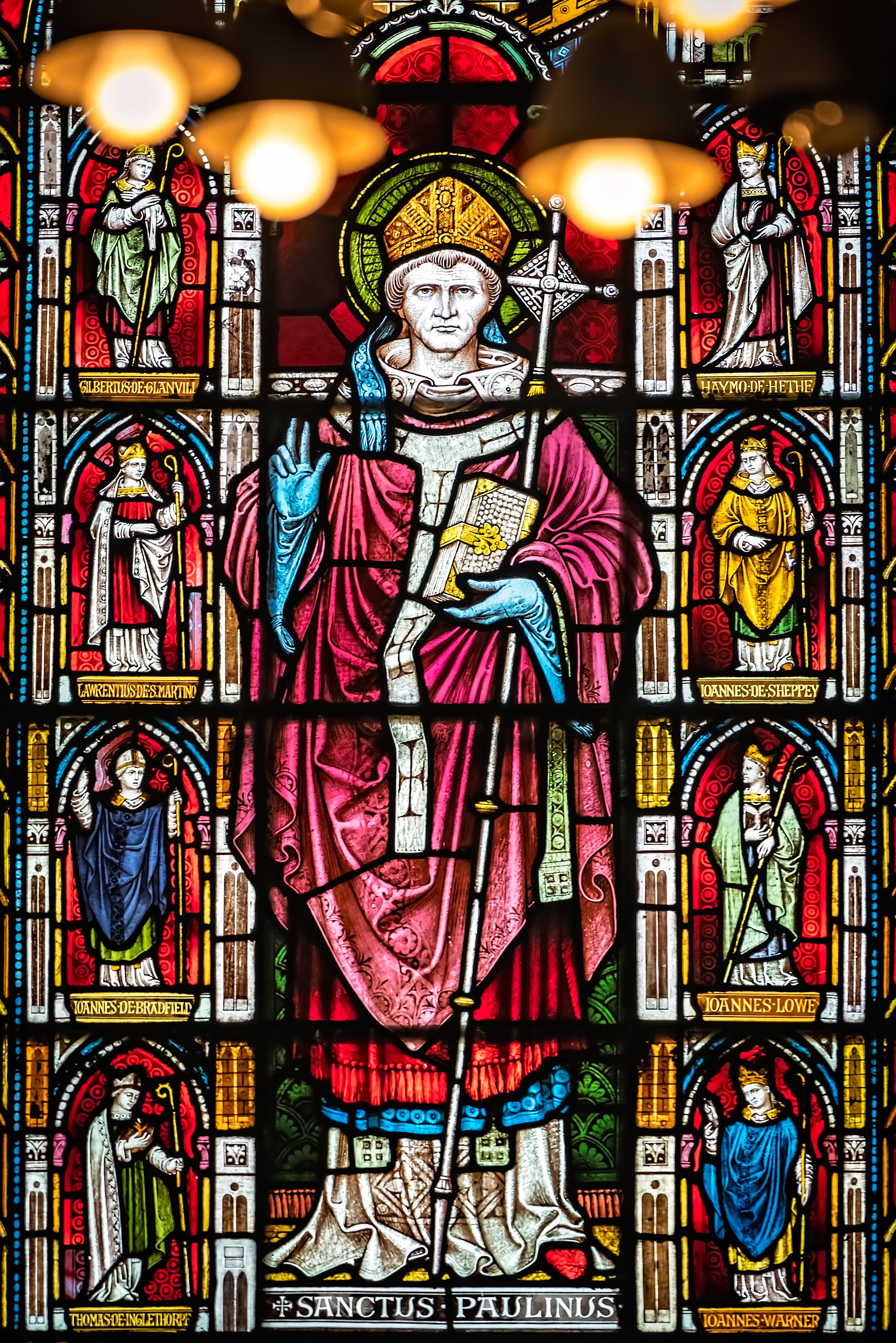
Congregational Vitality Training
Since becoming the Bishop in 2020, Bishop Poulson Reed identified congregational vitality as our primary mission as a Diocese. After thorough study and research of both relevant literature and of our own congregations, we are confident that there is a path to vitality for every congregation. We can say this because vitality is Christ’s promise to us – that we would have life and have it abundantly. However, this focus on vitality is not just a nice saying; we offer proven practices that grow vitality. In our research, we have identified twelve signs of vitality that are internal to the congregation, shown in our communities, and embodied by vital leaders. We are continually developing new vital practices as a resource for our congregations to help them express this promised vitality in their lives and ministries.
Dwelling in the Word
Groups, small or large, gather to hear God’s word. Then, they pair up with a partner and share what caught their attention and any questions or thoughts they have about the passage. Afterward, they rejoin the group and share what they heard their partner say.
Below you can read a comprehensive guide for leading Dwelling in the Word, recommended passages, and a how-to Dwell in the Word video.
Faithful Innovation
In 2022, the Ministry Partners piloted Faithful Innovation with a diverse set of five congregations from across the Diocese of Oklahoma. We are now excited to offer this opportunity to all congregations in our Diocese!
-
Faithful Innovation is a simple, structured process of learning new ways to embody our Christian identity in a rapidly changing cultural context. Through listening to God, each other, and our neighbors, participant teams discern new ways of intentionally engaging the communities around them to help our congregations discover God’s mission for them in the world.
One crucial feature of Faithful Innovation is that it teaches a process of discernment and learning through experimentation. It is not a program, but rather a series of practices that you can use in a variety of ways throughout your congregation.
-
One of the primary takeaways from our research on congregational vitality is the essential need to engage our broader communities. Over the course of working with congregations through the CVA process, our congregations have named similar struggles - from the rapidly shifting community landscape, to aging congregations, to a desire for connection more deeply in community. These congregations also expressed frustration in not knowing where/how to start. We know that Christ is actively calling us into new relationships with our communities and to an engagement with God's mission in the world.
-
Faithful Innovation is taught over the course of three Saturday meetings (generally 10:00 am - 4:00 pm) beginning in the fall and ending in the late spring. Each participating congregation is expected to develop a team that will attend these three meetings. Congregational teams should include at least 5 lay people and, where available, a member of their clergy. These teams are intentionally lay-led.
Each team is assigned a coach who has previously participated in Faithful Innovation. This coach walks with them along the way, providing guidance and advice, pulling the group back on track when necessary, and helping the team to recognize and celebrate the joys throughout this process.
After each of the three training events, teams have ‘homework’ to help them put what they learned into practice. At the next training, teams report on their progress and learnings.

We are the Episcopal Church in Oklahoma.

